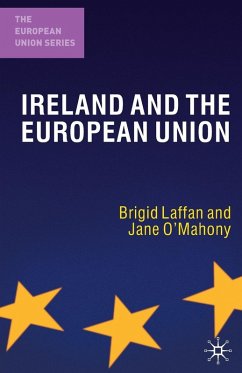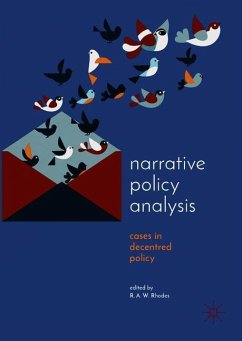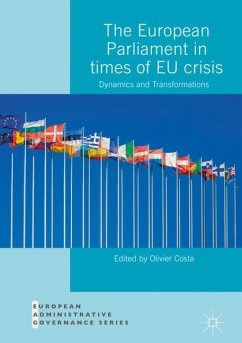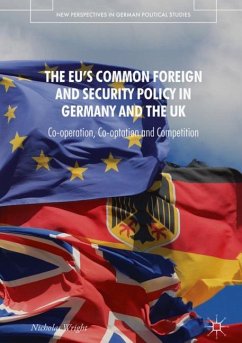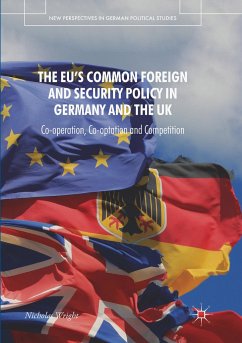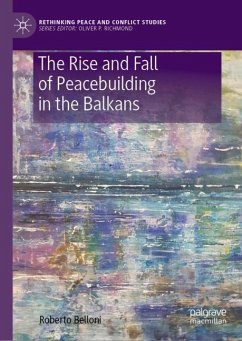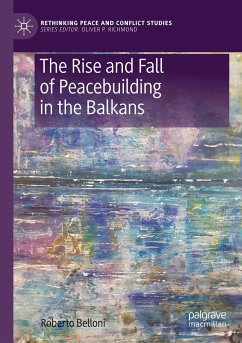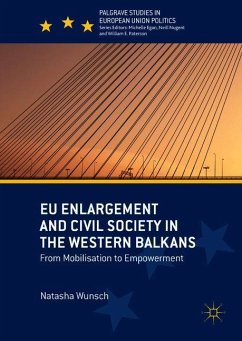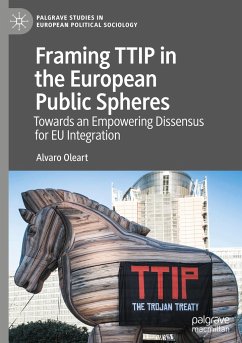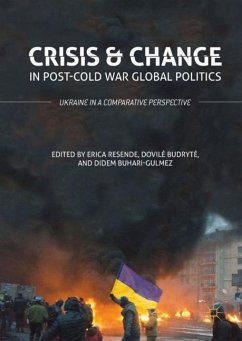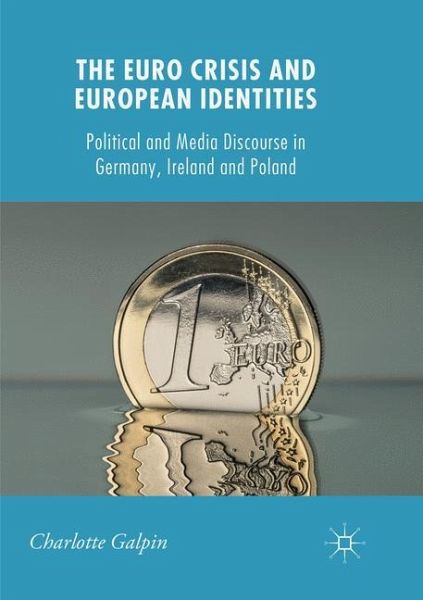
The Euro Crisis and European Identities
Political and Media Discourse in Germany, Ireland and Poland
Versandkostenfrei!
Versandfertig in 6-10 Tagen
76,99 €
inkl. MwSt.
Weitere Ausgaben:

PAYBACK Punkte
38 °P sammeln!
This book builds upon our knowledge of the far-reaching economic, political and social effects of the Euro crisis on the European Union by providing a unique study of European identities. In particular, it considers the impact on the construction of European identities in political and media discourse in Germany, Ireland and Poland-three countries with profoundly different experiences of the crisis and never before compared in a single study. Offering an original insight into the dynamics of identity change at moments of upheaval, the author argues that political and media actors in the early ...
This book builds upon our knowledge of the far-reaching economic, political and social effects of the Euro crisis on the European Union by providing a unique study of European identities. In particular, it considers the impact on the construction of European identities in political and media discourse in Germany, Ireland and Poland-three countries with profoundly different experiences of the crisis and never before compared in a single study. Offering an original insight into the dynamics of identity change at moments of upheaval, the author argues that political and media actors in the early stages of the crisis drew on long-standing identities in order to make sense of the crisis in the public sphere. European identity discourses are thus resilient to change but become central to legitimising and contesting bailouts and further economic integration. As such, the author challenges the commonly held view that identities change dramatically at times of crisis but argues that this very resilience helps to understand the EU's current divisions. The study of identity during the Euro crisis sheds important light on the prospects for European solidarity as well as on the future of the single currency as an identity-building project. The book will be of particular interest to students and scholars in the fields of EU politics, comparative European politics, and identity politics.





